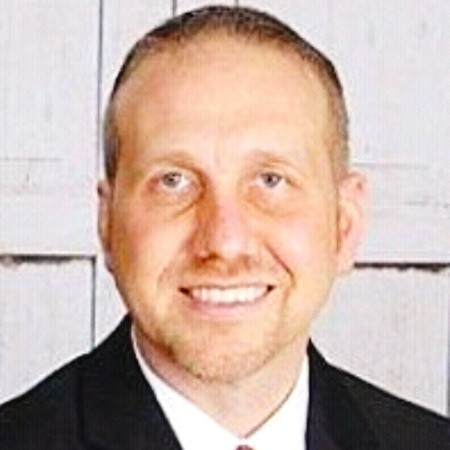
Shannon Gazze
Comments Off on Shannon GazzeShannon Gazze is a nonprofit leader seeking to contribute value to the local community and develop impact-driven programs and policies.
Shannon Gazze is a nonprofit leader seeking to contribute value to the local community and develop impact-driven programs and policies.



Shannon Gazze is a nonprofit leader seeking to contribute value to the local community and develop impact-driven programs and policies.

For one week every year, students at universities and colleges across the United States celebrate and experience the benefits of international education and exchange. The University of Pittsburgh actively participates in this joint initiative of the U.S. Department of State and the U.S. Department of Education. International Week is hosted by the University Center of International Studies (UCIS), dedicated to initiating, supporting, and coordinating international activities campus-wide.
Each year, the national International Education Week focuses on a theme of critical global importance. In 2017, the theme of International Week was “Displacement.”

Rick Moslen is a Manager in the Center for Global Engagement at Robert Morris University (RMU), where he works alongside over 550 international students from over 30 countries around the world in addition to planning and coordinating short-term study abroad programs for students and faculty. He graduated from RMU with majors in English and Communications, and has experience freelancing both locally in Pittsburgh and across the country writing for online and print publications.
Rick is an avid traveller, an immigration activist, and is interested in discovering nuances of cultures by researching and studying underground music and subcultures from various countries around the world. He has DJ’d, shared music, and curated nights across the city focusing on such subcultures/countries.
Global Minds Initiative is a for-youth, by-youth organization created to combat the issues of cultural intolerance and discrimination through an after school tutoring program between English-as-a-Second-Language (ESL) and Native English Speaking (NES) students.
Global Minds serves as an educational support system for ESL students, while educating NES students about other cultures, in order to create more globally minded young leaders.
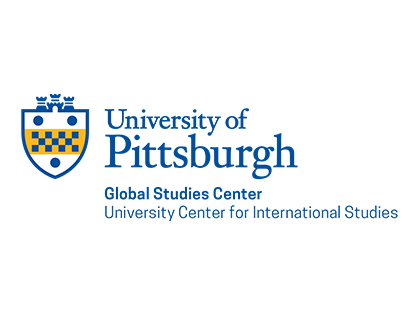
The Global Studies Center is a dynamic and innovative program that is one of an elite group of seven global centers funded by the US department of Education. The center seeks to promote critical thinking and practical engagement with the world through the interdisciplinary study of transnational processes. The center emphasizes the connections, divisions, disruptions, inequalities, and productive possibilities these processes engender across time and space. The center fosters innovative research, rigorous study, and thoughtful practice through our collaborations with staff, students, faculty, and community partners locally and around the world, creating diverse and inclusive spaces for intellectual growth and debate.

Do you enjoy debating? Want to practice your public speaking skills? Have an interest in international events? Join the Duquesne University Model UN club Mondays at 4:20 in College Hall 222.
The club engages in spar debates on anything from ketchup vs. mustard to the Russian involvement in Syria. The club hosts the annual we Model United Nations Conference at Duquesne University for high school students and attends twice-annual all expense paid model UN conferences.
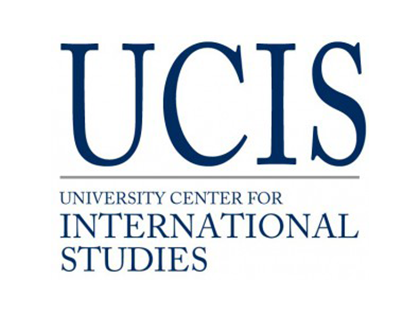
The University Center for International Studies (UCIS) is a University-wide matrix organization that encompasses centers for area studies and centers on topical specializations in international studies. It coordinates international education curricula and provides support services such as the Study Abroad Office. It is now a large framework for the multidisciplinary work of the institution with a total of 16 component and affiliated units. Its mission is to integrate and reinforce all the strands of international scholarship in the University in research, teaching and public service.
In order to play such an integrative role, UCIS does not compete with departments or schools. UCIS programs and centers therefore do not give degrees but award certificates of attainment to candidates for academic degrees in the University’s departments and schools. UCIS does not appoint its own faculty, but links faculty from departments and schools to their tasks in international scholarship. Thus, the multidisciplinary work in the UCIS Centers is firmly based on disciplinary competence while supporting bridges of scholarly cooperation for international knowledge.
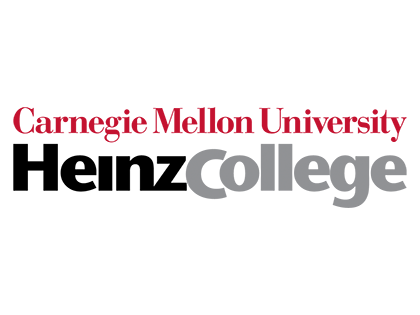
The H. John Heinz III College of Information Systems and Public Policy (Heinz College) at Carnegie Mellon University is a private graduate college that consists of one of the nation’s top-ranked public policy schools. The college includes two schools:
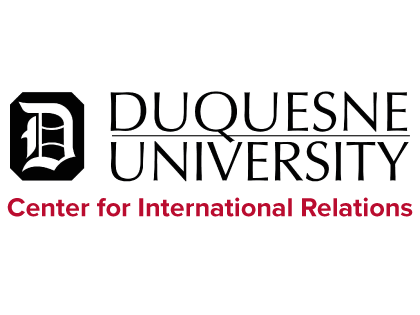
The International Relations program at Duquesne is grounded in the commitment to promoting peace and justice in global society that is essential to the mission of Duquesne and its founders, the Spiritans.
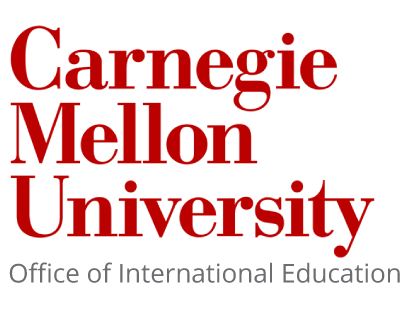
The Office of International Education (OIE) is committed to supporting, promoting and celebrating individuals in an intercultural environment. We advocate for and facilitate international and cross-cultural experiences, perspectives and initiatives. OIE promotes and coordinates study abroad and acts as a liaison to the university for international students, researchers and professors.
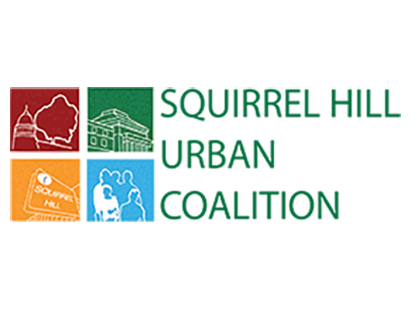
Established over 40 years ago to foster civic and social programs to improve the quality of life for all residents in the 14th Ward of the City of Pittsburgh. The organization strives to find creative and sustainable ways to preserve, improve, and enhance our beloved neighborhood. Be involved! We hope to see you at one of our upcoming meetings or events.
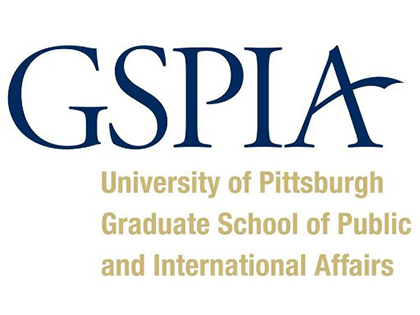
GSPIA is a professional school with a diverse, cosmopolitan community of faculty, staff, students and alumni. Believing in our ability to make the world a better place, GSPIA hones the passion of its students into purposeful direction and action. As part of the University of Pittsburgh, we’re a leader in education, a pioneer in research and a partner in regional development—as well as one of the oldest institutions of higher education in the United States.
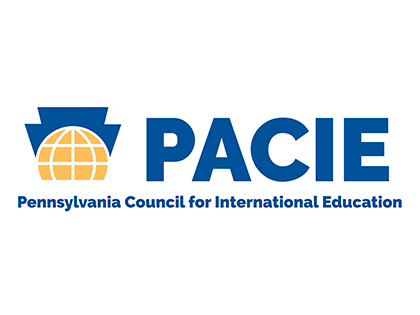
PACIE’s vision is simple – Global Ready Graduates for Pennsylvania’s Future. As the leading advocate and recognized authority on global education in Pennsylvania, PACIE supports global competence for kindergarten through post-secondary (K-20) and recognizes that educators want and need the right tools to help prepare our graduates for success.
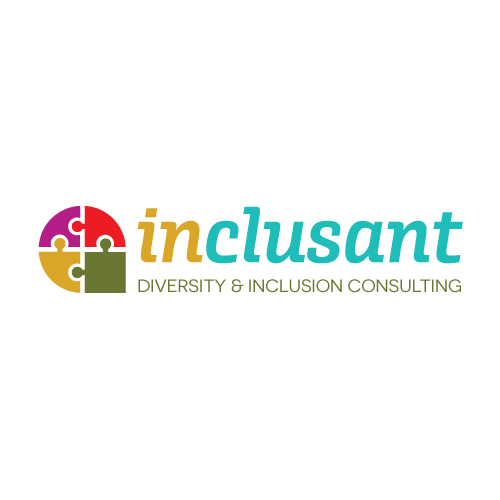
Inclusant provides cross-sector diversity & inclusion education and designs customized equity interventions. Key areas of support and guidance for organizations are strategic planning, capacity building, professional development, and increased visibility. Inclusant’s curricula and evidence-based recommendations derive from original research by its principal consultant, anupama jain, whose expertise areas include race and gender, community building, and diasporas. This leads to Inclusant’s commitment to recognizing that the local and the global are in constant interplay in the 21st century, shaping cultural beliefs about belonging that impact official policy and daily practice. Inclusant has consulted with Chatham University, Allegheny Conference on Community Development, The Midwife Center, Sprout Fund, Greater Pittsburgh Arts Council, and Rivers Casino, to name a few.

Duolingo is the world’s most popular way to learn a language. It’s 100% free, fun and science-based.
Everyone learns in different ways. For the first time in history, we can analyze how millions of people learn at once to create the most effective educational system possible and tailor it to each student. Duolingo’s ultimate goal is to give everyone access to a private tutor experience through technology.
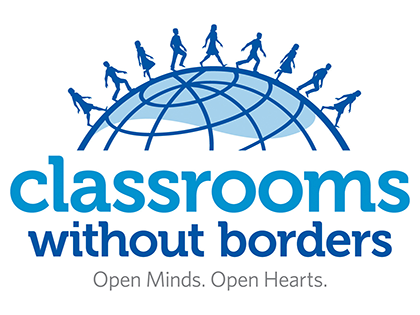
History, culture, politics and current events are experienced “live” through learning tours abroad with a focus on Holocaust and Israel education.
The exposure to ancient and modern realities from a “first-person” perspective gives teachers a greater appreciation of their subject of study and specialty. CWB’s unique travel experiences are enriched with rigorous content, scholarly readings, renowned speakers, exhibits, arts and direct applications to classroom instruction.
Educators return to the classroom highly motivated and energized, their intellectual and creative batteries recharged and strengthened.
Diverse local programming supports the travel study seminars by continuing to engage educators, while extending the CWB experience to students and the community.
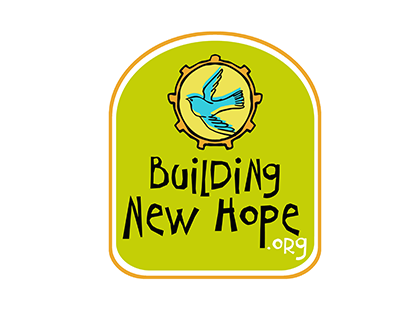
Building New Hope is a volunteer-driven nonprofit organization based in Pittsburgh and Nicaragua. In Nicaragua, we partner with a worker-owned organic coffee cooperative, operate two supplemental schools for at-risk youth, and provide high school scholarships for students in need. In Pittsburgh, we engage with local schools and universities, faith groups, farmers, non-profits, community groups, and businesses to promote healthy ecosystems and to spread awareness about how fair trade relationships can help to reduce poverty and inequalities. Our reach may be broad but our mission is simple: help those in need by providing educational opportunities and fair prices for goods and services.

PULSE cultivates a community of young servant leaders to transform Pittsburgh. PULSE invites talented university graduates to partner with Pittsburgh nonprofits for a year of service and leadership.
Learn more about our:
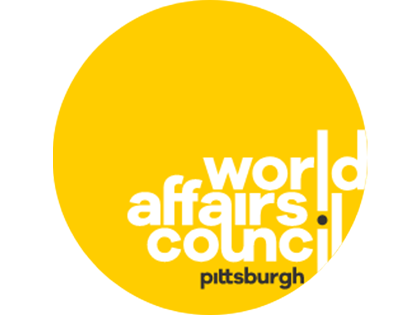
The World Affairs Council of Pittsburgh is an independent, non-partisan, non-profit organization dedicated to providing a pathway for a more globally minded region, offering students and the community a learning space that covers key international issues. Established in 1931, the Council is committed to informing opinion leaders and decision-makers about developments around the world as they unfold – and to educating them about the relevance of such developments to the region. The Council also has a special focus on secondary schools throughout the region, and works to give students and teachers a more nuanced understanding of the global issues of our time. The Council is a member of the World Affairs Council of America (WACA), a network of more than 90 nonprofit, nonpartisan member Councils around the country.
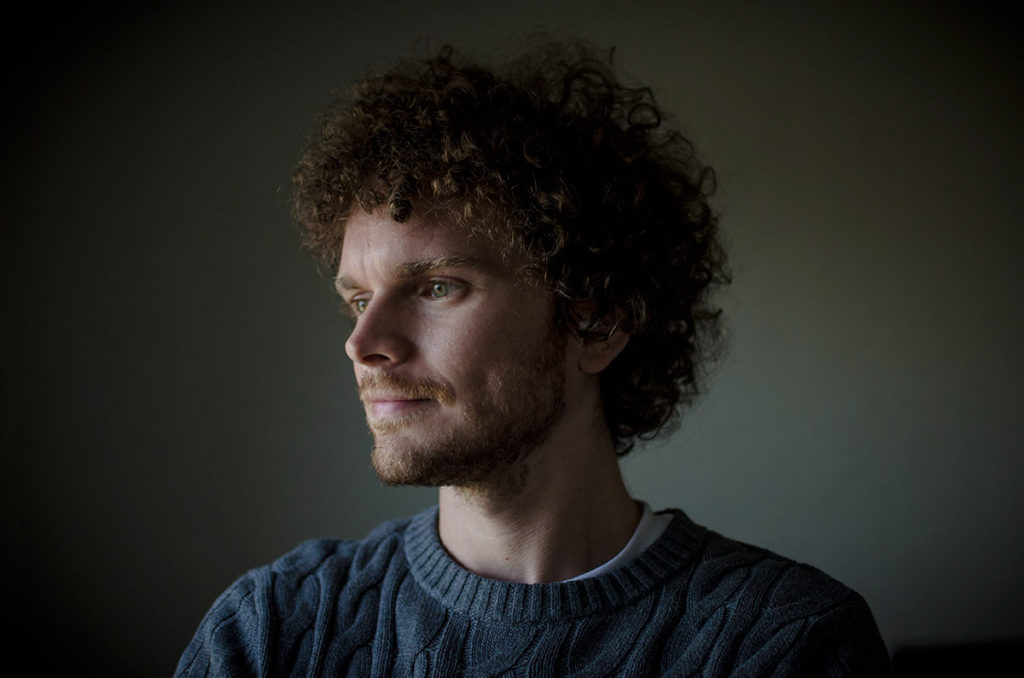
Daniel Alexander is from Brazil. He began his volunteer work teaching Computer Basics to the children of “Pastoral do Menor”, a community based project in Santarém, one that assists low income working families. As an undergrad student, Daniel and some friends founded a nonprofit organization called GADE Volunteers, which is based in Belem and has the objective to promote volunteerism among youth. A few years later after its foundation, they received an invitation to represent United Nations Volunteers in the Northern Region of Brazil. He has a Bachelor’s Degree in Social Communication and a Master in Business Administration in Marketing. In addition, he spent several years working as a Designer and Creative Director in various advertising agencies.